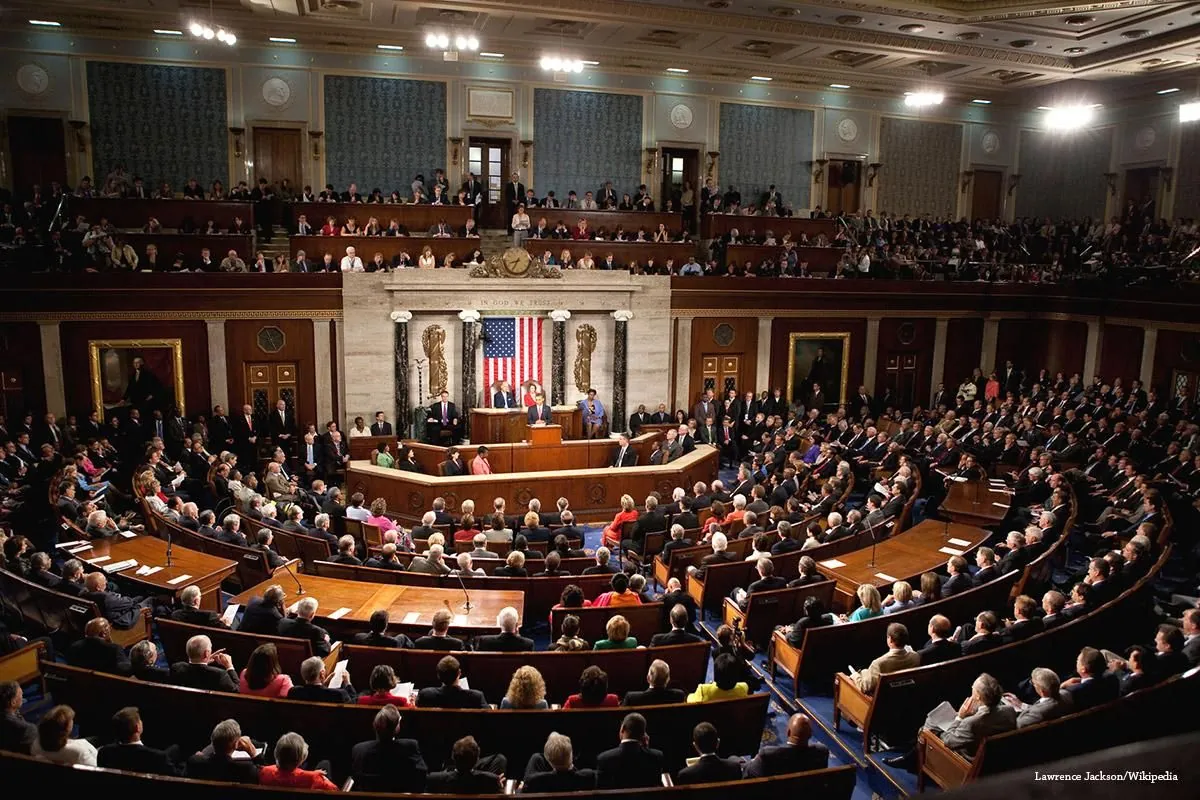Senate to Revisit IVF Rights Bill, Spotlighting Political Divide
Senate set to vote on nationwide IVF rights legislation, highlighting political tensions. Democrats aim to pressure Republicans on women's health issues, while GOP argues against federal intervention.

The U.S. Senate is poised to revisit legislation establishing nationwide in vitro fertilization (IVF) rights tomorrow, September 18, 2024. This marks the second vote on the issue this year, reflecting Democrats' efforts to spotlight women's health concerns in the lead-up to elections.
Senator Tammy Duckworth of Illinois, who conceived her two children through IVF, is spearheading the bill. The legislation aims to safeguard IVF access and reduce associated costs. However, its passage faces significant hurdles, given previous Republican opposition.
The renewed focus on IVF stems from a controversial ruling by the Alabama Supreme Court in early 2024, which briefly classified frozen embryos as children under state law. This decision prompted several Alabama clinics to suspend IVF services until the state legislature enacted protective measures.

Democrats have seized this opportunity to highlight potential threats to reproductive rights. Senate Majority Leader Chuck Schumer stated, "The hard right has set its sights on a new target," alluding to concerns that the U.S. Supreme Court might scrutinize IVF following its 2022 decision to overturn abortion rights.
"How dare you"
Republicans, however, argue against federal intervention in state matters. Most GOP senators voted against the previous iteration of the bill in June 2024, deeming it an overreach. Nevertheless, the issue has put Republicans on the defensive, with many expressing support for IVF while opposing federal legislation.
The debate has implications for the presidential race, with Democrats drawing contrasts between Vice President Kamala Harris and former President Donald Trump. Trump recently claimed leadership on the IVF issue, proposing plans for insurance or government coverage of the treatment.
IVF's significance extends beyond politics. Since its inception in 1978, the procedure has resulted in over 8 million births worldwide. In the United States, approximately 1-2% of all births are from IVF. The technology has also found applications in animal conservation efforts for endangered species.
Despite its widespread use, IVF remains a subject of ethical debates. The Catholic Church opposes the procedure, and the creation of multiple embryos during the process raises questions about the fate of unused embryos. Cryopreservation allows for long-term storage, sometimes spanning decades.
As the Senate prepares to vote, the IVF debate underscores the complex intersection of medical technology, ethics, and politics in shaping reproductive health policies.


































